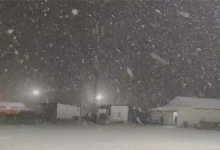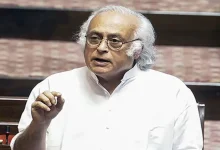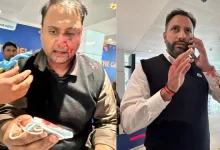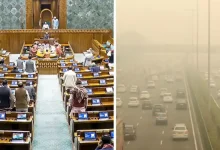Student Polls Gone Lavish: Delhi HC Slams ‘Tragic’ Display of Bentleys and JCBs in DUSU Campaigns
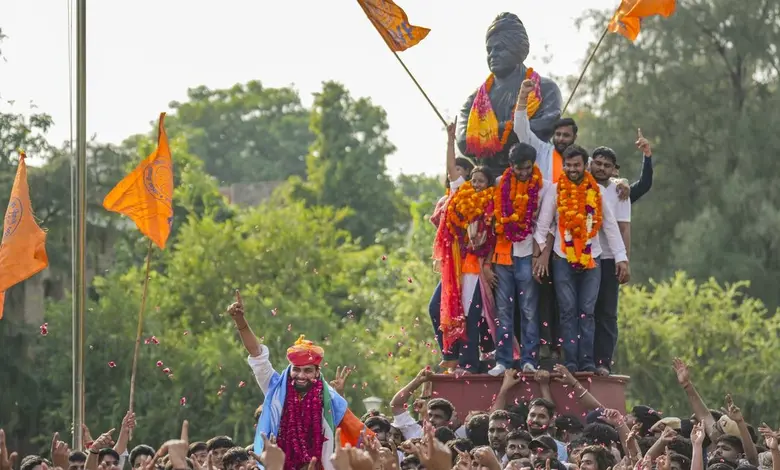
New Delhi: In a sharp rebuke that underscores the erosion of democratic ideals in academic settings, the Delhi High Court voiced profound dismay on Friday over the extravagant displays during campaigns for the Delhi University Students’ Union (DUSU) elections, including the deployment of high-end vehicles like Bentleys and Rolls-Royces, alongside even earthmovers such as JCBs.
A division bench comprising Chief Justice Devendra Kumar Upadhyaya and Justice Tushar Rao Gedela, hearing a petition on electoral malpractices, lamented that such excesses reflect a “tragic” and “sad commentary” on societal and institutional democracy. “What can be worse than such kind of campaigns in students’ union elections? The use of JCBs, big and luxury cars, four-wheelers this is unknown. From where do they get such big cars Bentley, Rolls Royce, and Ferraris? How are the students getting this? We haven’t even heard of these cars,” the judges observed, highlighting the inexplicable access to such opulence among participants.
The court, which issued notices to newly elected office-bearers Aryan Mann (president, ABVP), Rahul Jhansla (vice president, NSUI), Kunal Chaudhary (secretary, ABVP), and Deepika Jha (joint secretary, ABVP) noted that student elections across Delhi University and its affiliates have devolved into an annual spectacle fraught with concerns for “every responsible institution and citizen.” The bench expressed particular frustration that neither candidates nor organizers appeared to have absorbed lessons from the previous year’s ruling, which delayed result declarations due to widespread defacement of public property.
“It appears that students have not learnt a lesson from last year’s order…. Sabse zyada niraash to hum students se hai [We are most disappointed with students],” the judges remarked, adding a Hindi phrase to emphasize their chagrin. They commended the Delhi Police for their supportive role in maintaining order alongside university authorities.
The hearing addressed violations flagged by petitioner advocate Prashant Manchanda, who presented photographs and news reports demonstrating breaches of the court’s September 17 directive prohibiting victory processions post-results and the Lyngdoh Committee guidelines aimed at curbing undue influence. Elections occurred on September 18, with outcomes announced shortly thereafter, despite ongoing scrutiny.
In a 2024 precedent, the high court had postponed vote tallies and result announcements for DUSU and college polls until all posters, hoardings, and graffiti were cleared and public spaces restored. Reiterating the need to curb “muscle and money power,” the bench directed the impleadment of seven candidates who received university show-cause notices for alleged infractions. These individuals must file responses by November 6, when the matter is next listed.
The court took umbrage at the candidates’ replies to the university, in which they flatly denied any property damage. “Not even a single admission by these candidates. It seems as if the petitioner has photoshopped the photographs and placed before us,” the judges quipped, underscoring the apparent evasiveness.
Further, the bench ordered two news channels impleaded as parties to submit and preserve video footage of their election coverage by correspondents, ensuring evidentiary integrity. This multifaceted intervention signals a judicial push to reclaim the purity of campus democracy amid recurring excesses that undermine its foundational ethos.

